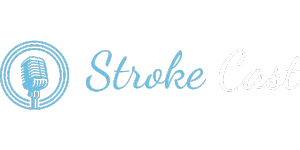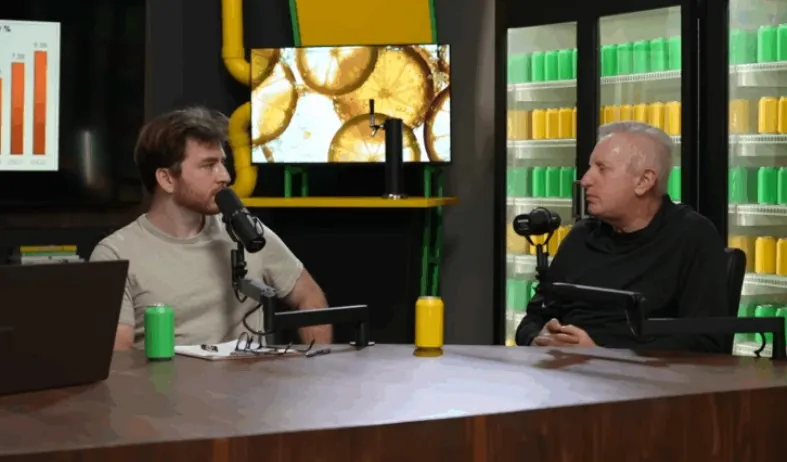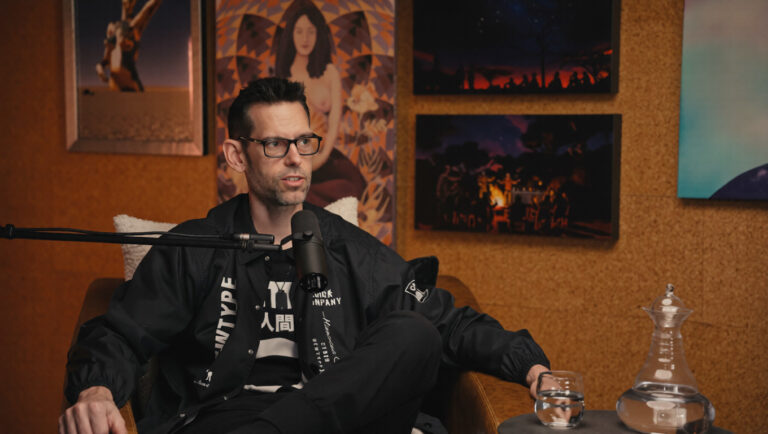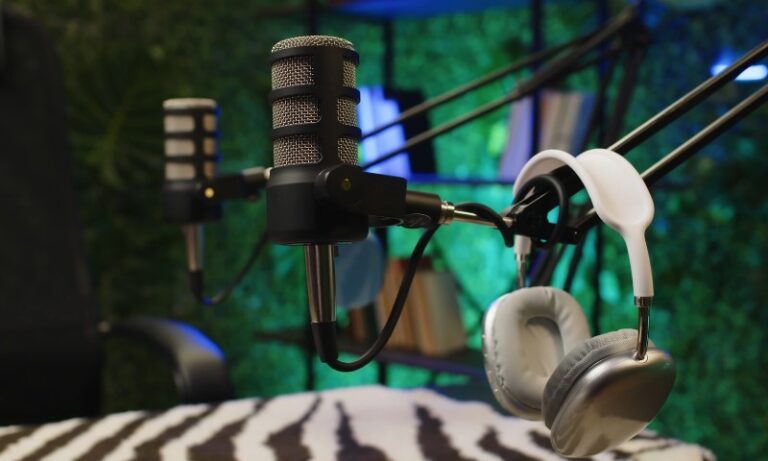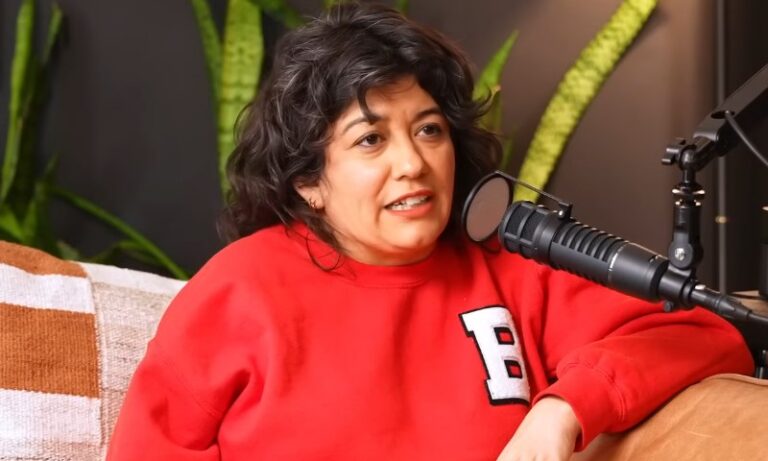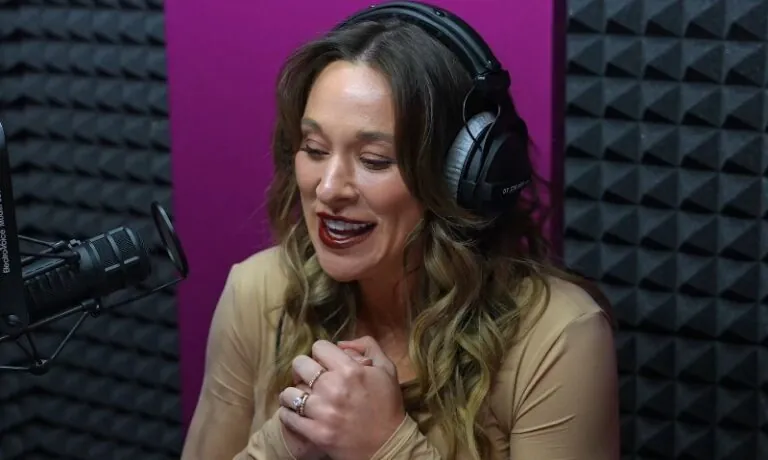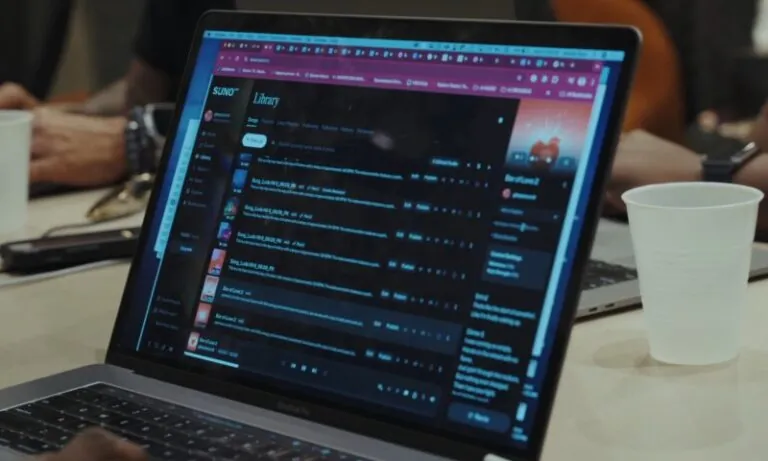Energy fills the virtual room as the Lemonade Stand Podcast kicks off Episode 031.
The hosts welcome listeners with their signature mix of humor and curiosity before introducing their special guest, Steve Eisman, the investor immortalized in The Big Short.
Known for spotting bubbles before they burst, Eisman brings the same sharp perspective that once made Wall Street tremble.
Aiden McCaig opens by asking how Eisman feels stepping into a show where financial analysis meets Gen Z energy.
Eisman laughs, acknowledging he’s more accustomed to CNBC than a podcast that compares investing to running a lemonade stand.
The team jokes about meme stocks, TikTok investors, and the chaos of trying to “time” a market that refuses to sit still.
Table of Contents
ToggleShowing the Ropes of Investment Strategy
Eisman’s calm confidence contrasts perfectly with the hosts’ upbeat banter.
Everyone settles in, ready for insights that promise both substance and entertainment.
Steve Eisman wastes no time getting into his perspective on the U.S. economy. His tone is optimistic, even bold, as he describes the current period as one of renewal rather than recovery.
He explains that the pessimism following the 2008 crisis taught investors how to spot structural risk, while 2025 is about embracing structural progress.
His key message echoes with conviction:
“The U.S. economy is more dynamic than it’s ever been.”
Eisman points out that the nation’s resilience lies not in speculation but in its capacity to adapt to new forms of production and innovation.
He notes how corporate balance sheets look stronger, inflation has cooled, and consumer sentiment feels more stable than in the uncertain years following the pandemic.
Key sectors he highlights:
- AI: Emphasis on genuine productivity gains rather than surface-level hype. Companies harnessing AI for efficiency and measurable results are the ones worth backing.
- Infrastructure: A vital driver of growth in both physical and digital spaces, supported by large-scale public and private investments tied to the Inflation Reduction Act.
His optimism is rooted in realism. Eisman doesn’t see endless growth, but he sees discipline, and that, he insists, is what makes the current market worth betting on.
Reviewing Aiden’s “Gen Z Portfolio”
The middle portion of the episode brings one of the most entertaining moments.
Aiden McCaig shares his personal investment portfolio with Steve Eisman for a live critique.
What begins as a confident presentation quickly turns into a masterclass in risk management.
Eisman listens quietly, then methodically points out the flaws, overexposure to speculative tech, too many ESG-focused ETFs, and a lack of balance between growth and value.
Eisman stresses the importance of owning companies that produce actual cash flow rather than chasing narratives built on buzzwords.
His advice lands like a wake-up call for younger investors trying to build wealth through hype-driven sectors.
He suggests trimming positions in funds that rely on optimistic projections and instead increasing exposure to businesses with tangible earnings and pricing power.
A particularly funny moment arrives when DougDoug tries to pitch his made-up cryptocurrency, “DougCoin.”
Eisman doesn’t hesitate to shut it down, quipping that a coin without a purpose is just a joke with a ticker symbol.
The hosts laugh, the audience roars, and Eisman subtly reminds everyone why fundamentals still matter.
As they wrap this part, Aiden takes notes and jokes that he might rename his portfolio “Reality Check.”
Audience Q&A + Lemonade Stand Spin

The conversation opens up to the listeners, and Eisman takes audience questions with his trademark mix of dry humor and precision.
One viewer asks, “What’s your biggest investing mistake?”
Eisman admits that early in his career, he underestimated how long irrational markets could stay irrational.
He says success comes not from being right immediately, but from staying solvent long enough to be proven right.
Another question arises:
“Would you short anything right now?”
Eisman smiles and replies that shorting in a bullish economy is like betting against gravity, possible, but rarely worth the risk.
Instead, he points out identifying inefficiencies in value rather than hunting for failure.
The hosts then introduce the show’s signature question: “If you had to run a lemonade stand today, how would you make it profitable?”
Eisman plays along, saying he’d start by pricing rationally, managing supply costs, and expanding slowly, a metaphor for measured investing.
Aiden adds that they should make leaving reviews fun, prompting laughter from everyone as they imagine Yelp wars over a cup of lemonade.
The exchange captures the perfect balance of insight and levity, leaving listeners informed but smiling by the end.
Broader Themes & Economic Philosophy
Eisman transitions from portfolio analysis to a broader discussion about capitalism and the shifting role of government in financial markets.
He believes current U.S. policy is gradually finding a balance between encouraging private investment and ensuring accountability.
When asked about the political climate of 2025, Eisman keeps his tone calm but firm.
He notes that elections always create noise, but markets reward long-term stability, not partisan volatility. Investors, he insists, must separate political drama from economic reality.
Eisman also shares his concern about the growing financial illiteracy among younger generations.
He points out how online trading apps have turned investing into a game, often disconnecting users from the value of patience and research.
Education, in his view, remains the single best defense against poor financial decisions.
Key themes discussed:
- Responsible capitalism supported by well-structured regulation.
- Importance of financial education in maintaining economic resilience.
- Dangers of confusing speculation with investing.
Outro and Reflections
As the episode winds down, the hosts thank Steve Eisman for his time and insights.
He closes with a quote that encapsulates the heart of his philosophy: “Invest with intention, not emotion.” It’s simple advice but carries the weight of decades of experience.
His voice softens slightly as he reminds listeners that the real edge in investing comes from staying patient, informed, and emotionally disciplined.
The hosts reflect on what they’ve learned. Aiden jokes that he’s deleting half his portfolio, while DougDoug swears off creating another coin ever again.
Atrioc admits he plans to finally read a book on bond markets, drawing laughter and applause from the live chat.
The tone feels both conclusive and inspiring, as if everyone just attended a financial masterclass disguised as a comedy show.
Before signing off, they tease the next guest, hinting at another heavyweight name in finance.
The closing moments include a quick Patreon plug and reminders to follow the show on social media.
The energy stays light and upbeat, matching the show’s promise to make financial talk accessible, honest, and entertaining all at once.
Related Posts:
- The Steve Sommers Overnight Drive Review: Late-Night…
- How Celebs Monetize Their Image - The Strategy…
- The Ultimate Beginner’s Guide to Starting a Podcast…
- How Do You Write a Podcast Script That Engages Listeners?
- 150 Best Podcast Interview Questions to Ask
- Top 12 Moments From Whatever Podcast - My Favorite Picks
